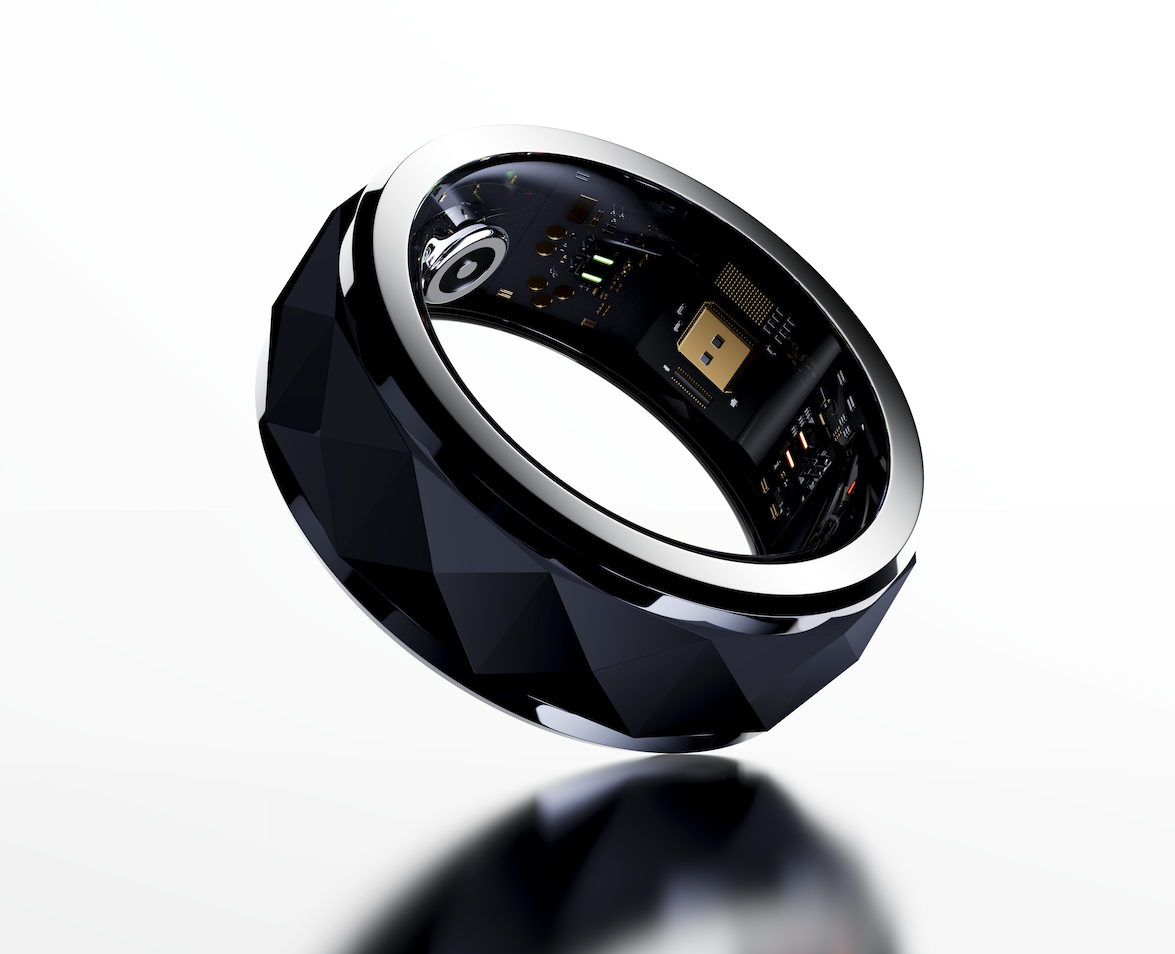Just for rewards, I wouldn’t say its better but adequate enough to be a replacement and you earn crypto. I kept my Apple Watch just in case. We will see what happens with it.
DePIN wearables are physical wearable devices (like fitness trackers, smartwatches, or biometric patches) that contribute real-world data to decentralized networks. Users are incentivized—usually with tokens—for contributing data such as steps taken, heart rate, GPS location, environmental conditions, or other sensor data.
These wearables are part of broader DePIN systems, where decentralized networks rely on user-operated physical devices (in this case, wearables) for infrastructure instead of relying on centralized entities.
Key Benefits
Data Monetization for Users
Users get rewarded with tokens for generating and contributing data, flipping the traditional model where corporations harvest data for free.
Decentralization of Infrastructure
These wearables enable decentralized health tracking, environmental monitoring, and location services without centralized gatekeepers.
Health & Wellness Innovation
By combining blockchain transparency and wearable health data, new models of decentralized healthcare or insurance could emerge.
Synergy with Other DePIN Projects
Data from wearables could feed into other decentralized systems, such as logistics, AI training datasets, or geo-location services like Hivemapper or Helium.
Challenges & Risks
Privacy Concerns
Collecting and transmitting biometric and location data opens serious questions around user consent, encryption, and anonymization.
Hardware Reliability
Wearables need to be accurate, durable, and low-power—challenging to achieve without compromising user experience or data integrity.
Tokenomics Sustainability
Many DePIN models offer high early rewards to bootstrap adoption. Long-term token value depends on real-world demand and usage, which may not materialize.
Regulatory Uncertainty
Health data especially is under strict regulations (HIPAA, GDPR). DePIN models may face friction in regulated markets.

The fact that I have a choice in if my health is sold or not got me into Depin wearables. A Watchx, cudis, and waiting on my pulse.